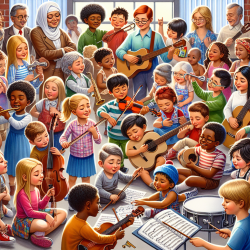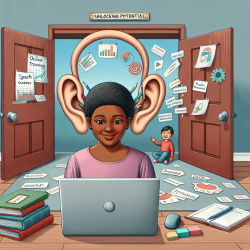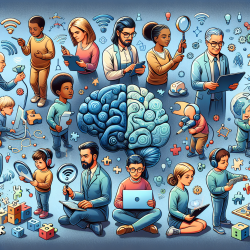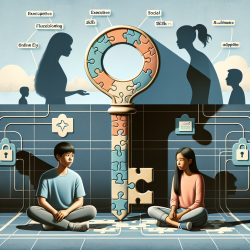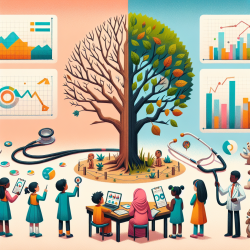Introduction
Music has been a universal language that transcends cultures and generations. It is not only a form of art but also a tool that fosters social cohesion and emotional development. Recent research titled "Group Music Training and Children's Prosocial Skills" sheds light on how music training can significantly enhance children's prosocial skills, particularly for those who initially exhibit lower levels of these skills.
The Power of Group Music Training
The study conducted by Schellenberg et al. (2015) explored the impact of group music training on children's prosocial skills. The research involved children in the 3rd and 4th grades who participated in a 10-month music program. The results were promising, indicating that children who engaged in group music lessons showed a marked improvement in sympathy and prosocial behavior compared to those who did not participate in such programs.
Interestingly, the study found that the benefits were most pronounced in children who started with lower prosocial skills. This suggests that group music training can be a powerful intervention for children who may need additional support in developing social and emotional competencies.
Implementing Group Music Training in Practice
As practitioners in the field of education and therapy, there are several ways to incorporate the findings of this research into your practice:
- Integrate Music into Curriculum: Schools can incorporate group music training into their regular curriculum. This could involve sessions where children learn to play instruments, sing, and engage in musical games that promote cooperation and empathy.
- Focus on Interaction: Design music lessons that emphasize interaction and collaboration among students. Activities like ensemble performances and group singing can enhance social bonds and foster a sense of community.
- Targeted Interventions: For children identified with lower prosocial skills, targeted music programs can be developed to provide additional support. These programs can be tailored to encourage positive interactions and build social skills.
Encouraging Further Research
While the study provides valuable insights, there is still much to explore. Practitioners are encouraged to conduct further research to understand the long-term effects of group music training on prosocial skills. Questions such as the sustainability of these skills over time and the potential benefits of different types of musical activities remain open for exploration.
Conclusion
Group music training offers a unique and effective approach to enhancing children's prosocial skills. By fostering a cooperative and empathetic environment, music can play a crucial role in children's social and emotional development. As educators and therapists, integrating music into your practice can lead to transformative outcomes for the children you serve.
To read the original research paper, please follow this link: Group Music Training and Children's Prosocial Skills.
